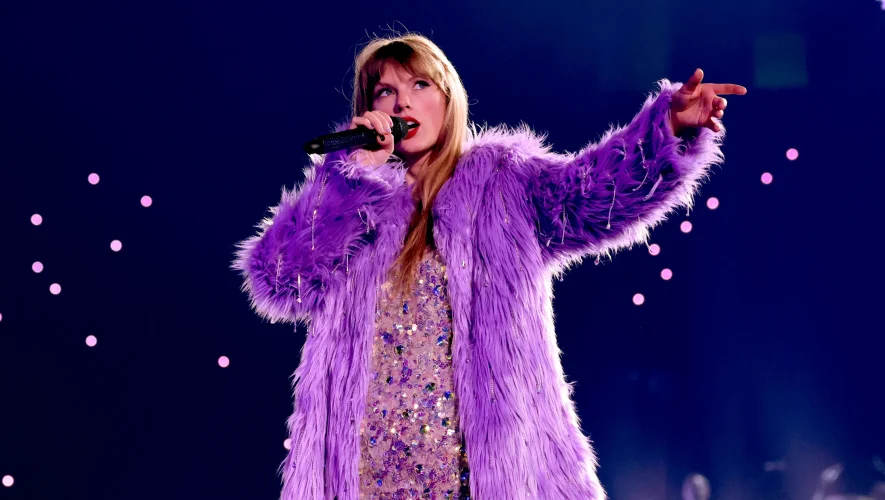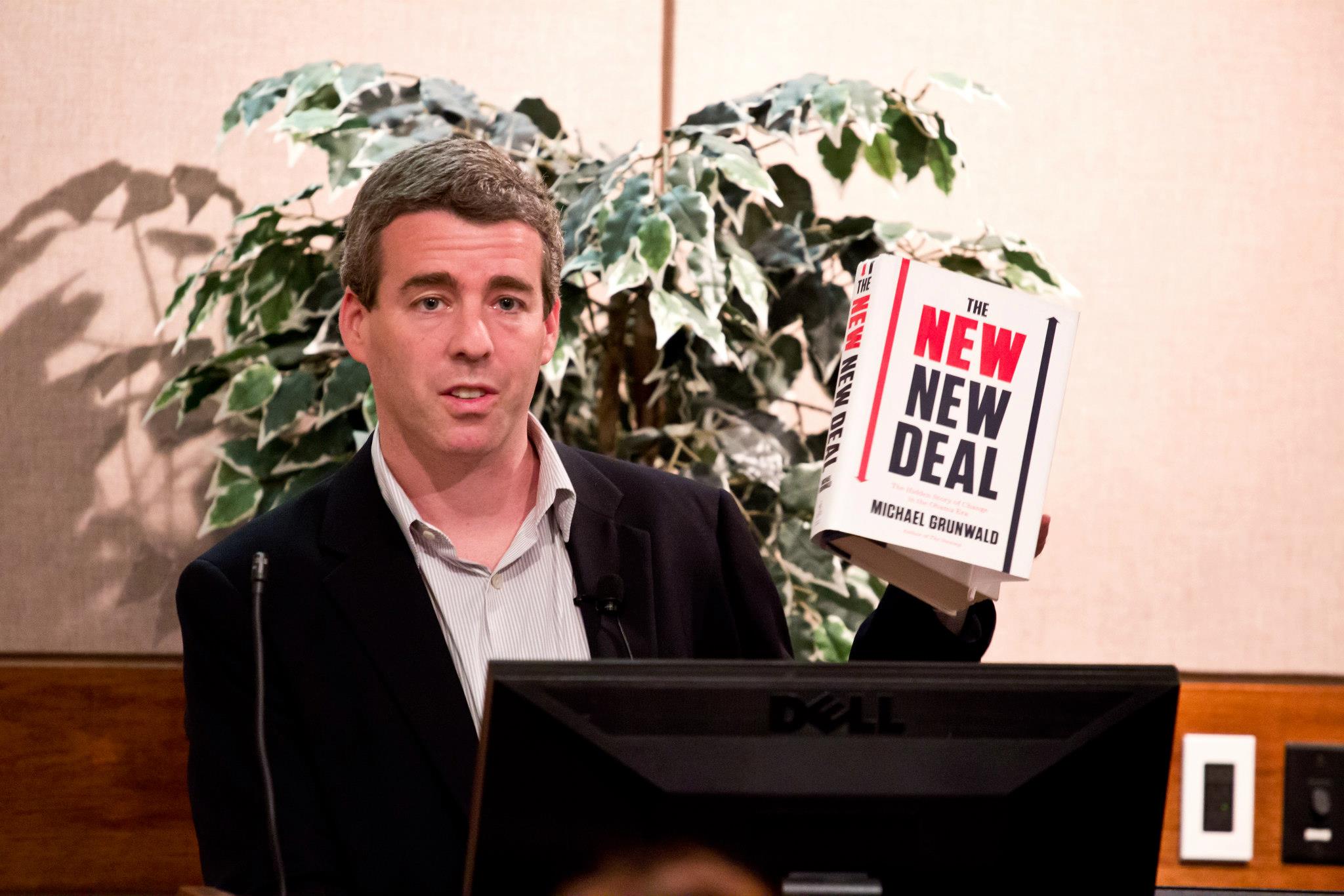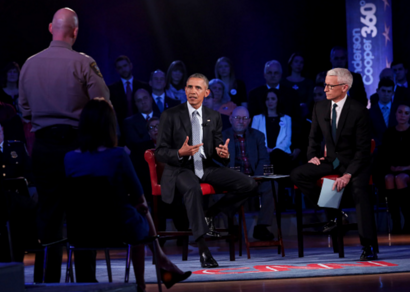“I’m the problem. It’s me.” Taylor Swift sang this lyric from her hit song “Anti-hero” in stadiums of tens of thousands of people. The lyric even made its way to US legislators, with Senators using “Anti-hero” to describe the top ticket-selling website, Ticketmaster.
Taylor Swift’s “The Eras Tour” is on its way to being the highest grossing tour of all time, predicted to generate gross revenues of 1.4 billion dollars by the tour’s end in 2024. Yet, many fans struggled to access tickets on Ticketmaster—the official vendor for almost all of Swift’s shows—and faced outrageous prices for resold tickets on other platforms like StubHub or SeatGeek.
The outcry from “Swifties” during the tour’s ticket sales back in November 2022 caught the attention of the US Senate, who held a hearing to investigate the lack of competition in the ticket-selling industry that led to these dramatic price hikes.
The hearing uncovered some startling facts. The four-hour long, bipartisan investigation heard from witnesses such as the CEO of SeatGeek, Jack Groetzinger, who claimed that Ticketmaster harms his profits. He went on to say that many venues prefer SeakGeek’s secure purchasing technology, but ultimately cannot use it out of fear of retaliation from Ticketmaster. While Ticketmaster notes these as false allegations, a 2019 Department of Justice investigation revealed that the company undercut competing ticket-selling websites through Live Nation Entertainment, which is not only Ticketmaster’s parent company, but also a promoting company used by over 2,000 artists. If venues refused to work only with Ticketmaster, Live Nation would refuse to host shows at their locations, costing them artists, and therefore, revenue.
Simply put, Ticketmaster is a monopoly, whose influence could have consequences that go far beyond a few disgruntled Taylor Swift fans. Ticketmaster is just one example of the influence and power of major corporations in the US, exposing the dangers of allowing even one monopoly to operate within a competitive economy.
How Ticketmaster Became a Monopoly
In 1980, Congress passed the Sherman Antitrust Act to prevent companies from forming monopolies and promote economic competition. When companies control markets, buyers suffer from an inefficient allocation of resources, leading to higher prices and lower production. However, the Sherman Antitrust Act is not an infallible method for preventing monopolies; back in 2010, Live Nation Entertainment merged with Ticketmaster to control over 70 percent of the ticket-selling business. The Obama Administration approved the merger, claiming it followed the regulations stipulated within Sherman Antitrust Act, which prohibits Ticketmaster and Live Nation from restricting competition through rigged bids or exclusive contracts with venues.
However, Ticketmaster and Live Nation have violated these provisions for over a decade. Since the merger, Live Nation has threatened to prevent artists from playing at venues that do not use Ticketmaster, making it near-impossible for other competitors to enter the market. Ticketmaster’s monopoly over the entertainment business has flown under the radar because of its brand as the most reliable way to buy tickets combined with artists’ reliance on Live Nation to successfully promote their shows.
It wasn’t until the unprecedented demand for Taylor Swift tickets that people took issue with Ticketmaster. During the Senate hearing, Live Nation CEO Michael Rapino tried to shift the blame from their own shortcomings to scalpers—people who resell tickets on StubHub for significantly higher prices. Rapino stated that the genuine ticket selling business has “never been more competitive,” and that every venue they book has multiple offers from other reputable companies.
But the reality is that Ticketmaster’s reputation, cultivated through its merger with Live Nation, has ensured the loyalty of artists seeking to promote their music and concerts. As a part of the Senate hearing, proponents of Ticketmaster emphasized that artists can choose their ticket-selling outlet, but Live Nation is “so powerful it doesn’t need to exert pressure…people just fall in line,” according to Sen. Amy Klobuchar of Minnesota.
On top of this, Ticketmaster itself makes it challenging to buy tickets by charging exorbitant fees that, in some cases, nearly double starting prices. Ticketmaster’s website claims that these fees “[cover] the cost of technology, people, and resources needed to provide a safe and secure ticket-buying experience.” However, many users began to challenge this claim after losing Taylor Swift tickets in a cybersecurity breach that allowed numerous bots to infiltrate the website and illegally obtain tickets in bulk, avoiding Ticketmaster’s additional fees.
The Future of Corporations As We Know It
The issue of monopolization extends beyond a single concert or conglomerate. The Biden Administration has dedicated the better half of his term to promoting competition in the US economy. The Ticketmaster Senate hearing led to greater discourse about monopolization and bipartisan agreement among legislators to call upon the Department of Justice to investigate the effectiveness of our existing antitrust laws.
Ticketmaster and Live Nation violated the Sherman Antitrust Act and dominated the live entertainment industry for years without any pushback, implying that there are other monopolies that operate with little to no government surveillance.
Take Amazon for example.
Back in September 2023, the Federal Trade Commission (FTC) sued Amazon for illegally implementing monopolistic practices, arguing that Amazon’s low prices and fast deliveries have prevented existing companies from growing and new ones from emerging.
Few products cannot be found on Amazon and delivered to your door in less than 24 hours. Amazon makes it nearly impossible for other, smaller businesses to compete, as consumers are drawn towards its convenience and accessibility. Additionally, Amazon has absorbed nearly two million smaller brands, enticing them with profits that are hard to resist. This tactic alone has helped Amazon take up to 45 percent of the profits from these smaller brands and maintain market control. Aside from other major superstores like Walmart or Target—who don’t meet Amazon’s level of convenience—there is little competition that threatens Amazon’s sales. Like Ticketmaster, Amazon benefits from the US’ ineffective antitrust laws.
As a part of the Senate hearing, legislators proposed multiple solutions to enforce antitrust laws inside and outside the scope of Ticketmaster. For instance, to prevent monopolies from dominating markets, reforms could prohibit contracts between venues and ticketing agents and place price caps on upcharged products.
However, these ideas have not yet turned into policies. We have not seen improvement on the ticket-buying front, and fans continue to struggle under excessive price conditions. Just recently, pop artist Olivia Rodrigo released tickets for her world tour on Ticketmaster. Fans once again felt the repercussions of the ticket monopoly, being kicked out of queues and receiving outrageously overpriced tickets.
This is a cycle that will continue unless the US government enforces antitrust regulations. The Department of Justice must take the growing power of monopolies seriously and enact real change, not just to repair the ticket-selling industry, but to prevent incidents like this from happening in the future.



